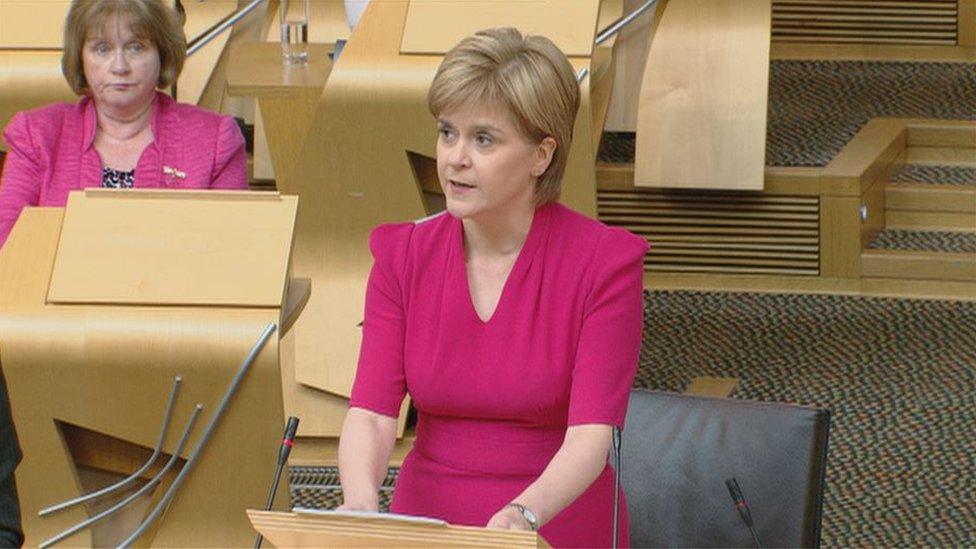School tests would have 'limited role', Royal Society of Edinburgh says
- Published

Planned standardised assessments in schools could only play a limited role in closing the attainment gap, according to a paper from the Royal Society of Edinburgh.
The Scottish government plans to introduce consistent testing across Scotland.
It hopes this will lead to better data to help show which schemes work best.
The society's paper says the data may have value but it would not help individual children do better.
The government plans standardised tests in P1, P4, P7 and third year of secondary schools which would replace the various systems used by different councils.
It insists these will not amount to a return to "high stakes" national tests abolished in the early years of devolution but may help show which schemes are helping to close the gap between how well children from relatively rich and poor backgrounds perform.
League tables
Critics argue the data could be turned into league tables. They also fear teachers could simply teach children to do well in the tests - undermining the principles of Curriculum for Excellence.
The Royal Society of Edinburgh recently held a discussion between education researchers and senior education officials from the Scottish government.
In its report on the meeting, the society says the kind of assessment proposed has some value but would not offer the kind of diagnostic assessment which could help individual students improve.
Its report also says there would not be the kind of formative assessment to help evaluate the effectiveness of teaching or the contributions made by parents.
It also touches on the concerns over whether the tests could challenge the greater level of autonomy given to schools and teachers through Curriculum for Excellence.
'Unintended consequences'
The report says: "Recognition of the need to avoid unintended consequences of standardised assessment is reassuring, but the Government needs to articulate how this is to be achieved."
The paper also highlights a number of important points from the meeting:
• The assessments are to be developed by experts who are familiar with the Scottish curriculum and its context
• Care needs to be taken to ensure that assessment is not driven by a desire to assess outcomes which are capable of easy measurement
• Data analysis will require advanced statistical tools to avoid making simplistic, causal inferences
• Timely provision of the assessment data to schools and teachers to maximise its usefulness
• Teachers should be given training and support in how to use data to inform practice
• Assessment results should not be used to separate pupils into ability groups.
The planned tests are proving controversial - especially amongst secondary teachers.
It's expected that they will start to be rolled out during the 2016 school year.
- Published23 November 2015
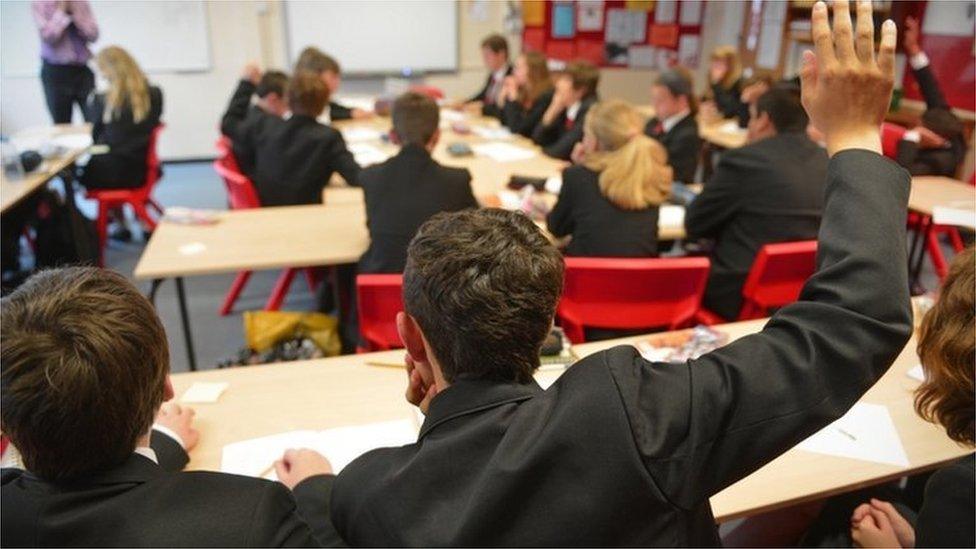
- Published17 November 2015

- Published8 September 2015

- Published8 September 2015
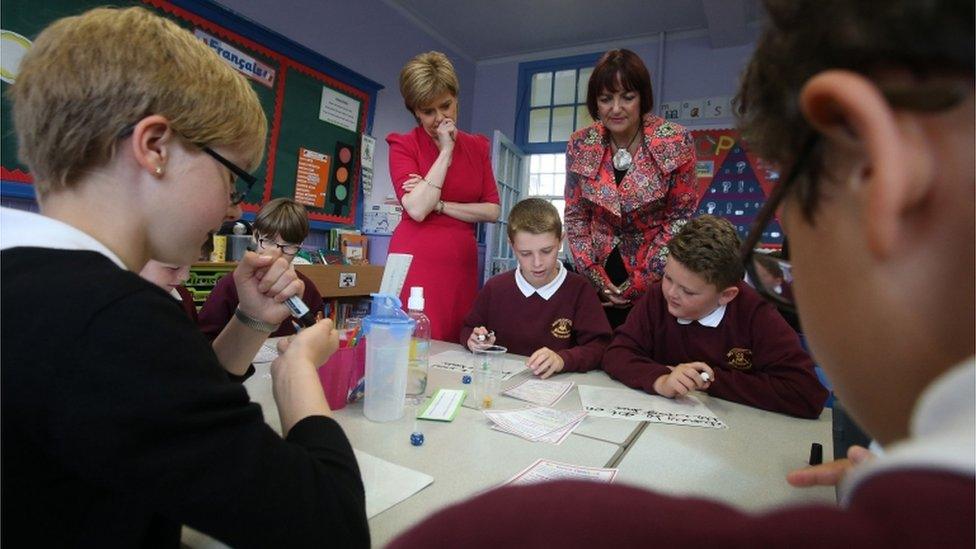
- Published8 September 2015
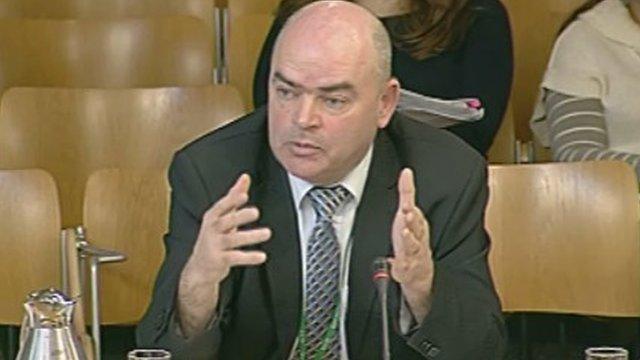
- Published8 September 2015
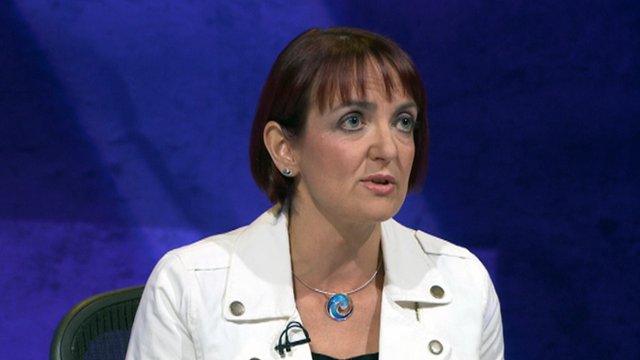
- Published1 September 2015
